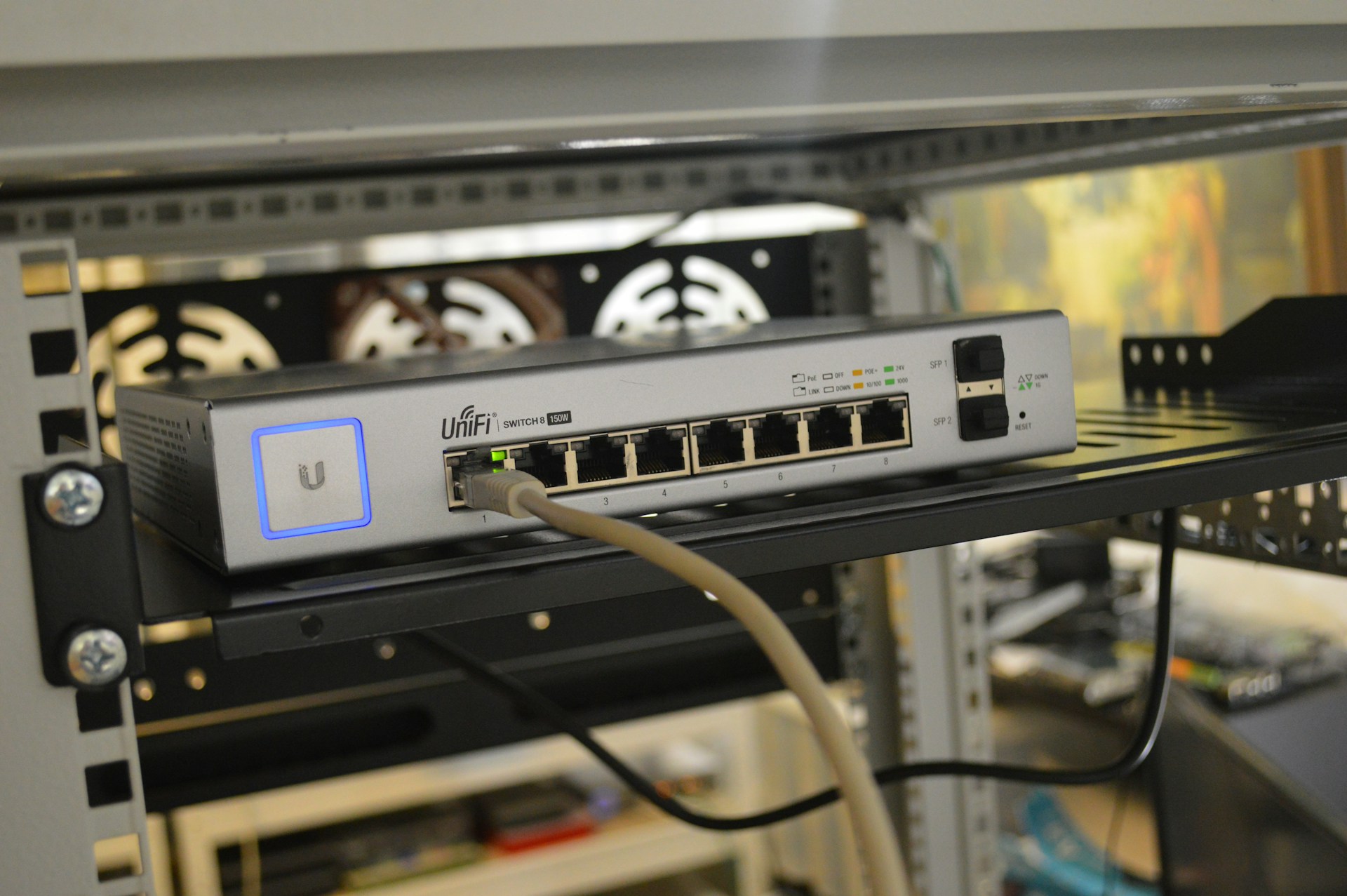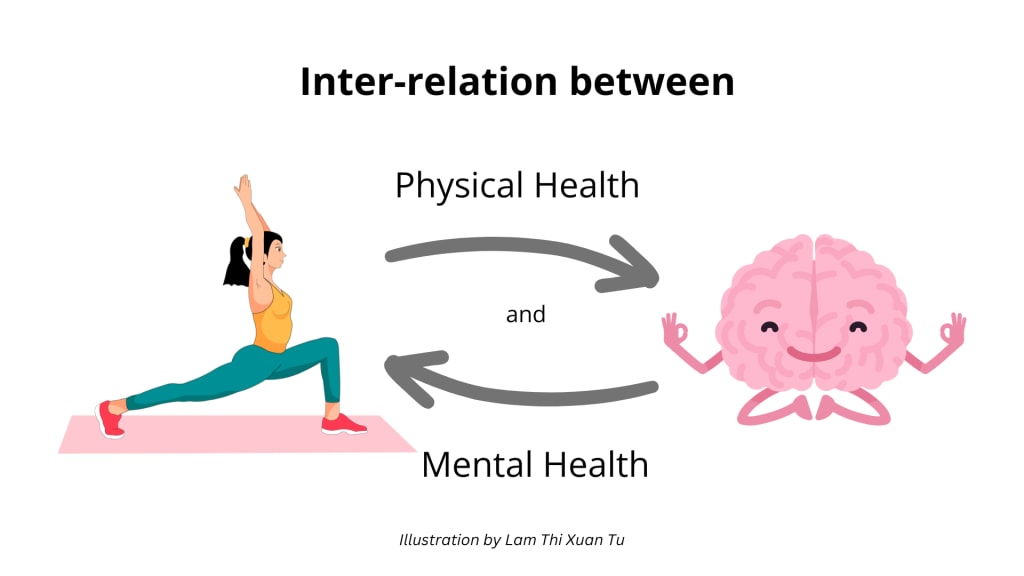Understanding Internet Governance and Development: Building a Better Digital Future
by admin Technology
The internet has become an indispensable part of modern life, revolutionizing the way we communicate, work, and access information. Behind its seamless functionality lies the intricate world of internet governance a system designed to shape policies and standards ensuring a secure, open, and accessible internet for all. This article explores the importance of internet governance, its key players like the Internet Society (ISOC) and the World Wide Web Consortium (W3C), the challenges in internet development, and what the future holds for this vital global resource.
What is Internet Governance?
Internet governance refers to the development and application of principles, rules, and decision-making processes that shape the evolution and use of the internet. It involves diverse stakeholders working together to manage this shared resource, including governments, private companies, civil society, and academic institutions (Internet Society, 2022).
A central aspect of internet governance is its multistakeholder model, which ensures that all voices whether from policymakers or everyday users are heard. This collaborative approach is crucial because the internet spans international borders, making it a truly global resource (Evans et al., 2008). Without shared governance, issues such as cybersecurity, data privacy, and equitable access would become increasingly difficult to manage.
Despite its successes, internet governance faces significant challenges. The rapid growth of technology introduces new risks, including security threats and ethical dilemmas. Policymakers must balance innovation with regulation, ensuring that progress does not come at the cost of individual freedoms or security.
The Role of Key Organizations
Two organizations central to internet governance and development are the Internet Society (ISOC) and the World Wide Web Consortium (W3C). While each has distinct missions, both play critical roles in shaping the future of the internet.
The Internet Society (ISOC)
Founded in 1992, the Internet Society is a nonprofit organization dedicated to ensuring the internet remains a force for good. It envisions a world where everyone has access to a secure and reliable internet. ISOC achieves its mission through initiatives that promote global connectivity, advocate for open internet standards, and defend the internet from external threats (Internet Society, 2022).
One of ISOC’s key goals is bridging the digital divide. By focusing on underrepresented and underserved regions, it collaborates with partners to build the infrastructure and skills required for connectivity. In regions where access is still limited, ISOC's projects empower communities with new opportunities in education, healthcare, and business (Evans et al., 2008).
Moreover, ISOC serves as an advocate for an open and trusted internet. The organization works to protect it from censorship, fragmentation, and other risks that could undermine its global nature. From improving encryption standards to supporting digital literacy programs, ISOC contributes to making the internet accessible and trustworthy for everyone.
The World Wide Web Consortium (W3C)
The W3C, established in 1994 by Tim Berners-Lee, the inventor of the World Wide Web, focuses on setting technical standards that make the internet work. The consortium unites experts, organizations, and the public to create protocols that ensure the web is accessible, interoperable, and secure (W3C, 2022).
A key achievement of the W3C is the development of standards that enhance browser compatibility. Before these standards, websites often failed to function correctly across different browsers, frustrating users. Today, W3C’s efforts have streamlined this process, making web content more consistent and user-friendly (Lemieux, 2021).
Beyond technical standards, W3C addresses broader issues like web accessibility and privacy. The consortium strives to create an internet where people with disabilities, for instance, can fully engage with online resources. By focusing on fairness, security, and accessibility, the W3C is instrumental in realizing the web’s full potential as a tool for universal connection.
Why Internet Development Matters
The development of the internet is not just about faster speeds or new gadgets; it’s about building a global ecosystem that enhances lives in countless ways.
Economic Growth
A well-developed internet infrastructure drives economic growth by enabling innovation and increasing access to global markets. E-commerce platforms connect small businesses with customers worldwide, while remote work opportunities allow companies to tap into a global talent pool. For developing economies, investing in internet infrastructure has a direct correlation with GDP growth (Evans et al., 2008).
Bridging the Digital Divide
Internet development also addresses the digital divide the gap between those who have internet access and those who do not. Connectivity empowers individuals with access to education, healthcare, and economic opportunities. For example, remote learning platforms can reach students in rural areas, and telemedicine can bring healthcare to underserved regions (Internet Society, 2022).
Advancing Technology
Emerging technologies such as artificial intelligence (AI), the Internet of Things (IoT), and blockchain are reliant on robust internet development. A strong infrastructure allows these technologies to flourish, opening doors to innovations that improve efficiency and solve complex problems across industries (Lemieux, 2021).
Challenges in Internet Development
While the internet has made tremendous strides, significant challenges remain in its development and governance.
Connectivity Issues
Despite increasing global connectivity, many regions, especially in low-income countries, still lack reliable internet access. Rural and remote areas often face high infrastructure costs, which deter investment. Overcoming these barriers requires innovative solutions, such as satellite internet or community networks (Internet Society, 2022).
Cybersecurity Threats

As the internet grows, so do threats to its security. From hacking and data breaches to misinformation campaigns, cybersecurity risks undermine trust in the digital world. Governments and organizations like ISOC are working to address these issues by improving encryption, raising awareness, and advocating for secure practices (Evans et al., 2008).
Ethical and Privacy Concerns
Another critical challenge is balancing the benefits of the internet with ethical considerations. Issues such as data privacy, misinformation, and digital surveillance have become central to debates about the internet’s role in society. Ensuring that users maintain control over their personal information is a priority for organizations involved in internet governance (Lemieux, 2021).
The Future of Internet Governance and Development
As the internet continues to evolve, so too must the strategies and frameworks governing it. Several trends are likely to shape the future of internet governance and development:
- Universal Access: Efforts to connect the remaining unconnected populations will accelerate. Organizations like ISOC will play a vital role in ensuring these efforts prioritize inclusion and equity (Internet Society, 2022).
- Policy Evolution: Policymakers will need to address emerging challenges such as regulating AI while preserving the open nature of the internet (Evans et al., 2008).
- Stronger Security Measures: To combat cybersecurity threats, the internet community will likely develop stronger protocols and best practices to protect users and systems.
- Collaborative Innovation: Continued collaboration among governments, businesses, and nonprofits will drive innovation while addressing global challenges (Lemieux, 2021).
The future of the internet depends on collective action. By prioritizing inclusivity, security, and sustainability, stakeholders can ensure the internet remains a transformative force for generations to come.
Conclusion: Why Internet Governance Matters
Internet governance and development are foundational to ensuring that this vital resource continues to benefit humanity. Organizations like the Internet Society and the World Wide Web Consortium work tirelessly to advocate for an internet that is open, secure, and accessible. However, the challenges they face from the digital divide to cybersecurity threats are not theirs alone to solve.
As users, we all play a role in shaping the future of the internet. By staying informed, advocating for responsible policies, and supporting initiatives that promote equitable access, we can help build a better, more connected world. To learn more about these efforts, explore resources from organizations like ISOC and W3C, and stay engaged with the conversation about the future of the internet.
References
- Evans, Alan, Kendall Martin, and Mary Anne Poatsy. Technology in Action. Pearson Prentice Hall, 2008. Link
- Internet Society. "Home - Internet Society." Internet Society, 2022. Link
- Lemieux, Pierre-Anthony. "Update on the World Wide Web Consortium (W3C)." SMPTE Motion Imaging Journal 130.8 (2021): 67-68. Link
- World Wide Web Consortium (W3C). "World Wide Web Consortium (W3C)." W3C, 2022. Link
share with

Mesha M. Founder
"Explore a world of inspiration and empowerment at RealtimeArticles. Dive into our curated articles for insights, reflection, and shared growth. Join our community on a journey of discovery and evolution!"









Comments
Coming Soon!
POST YOUR COMMENTS